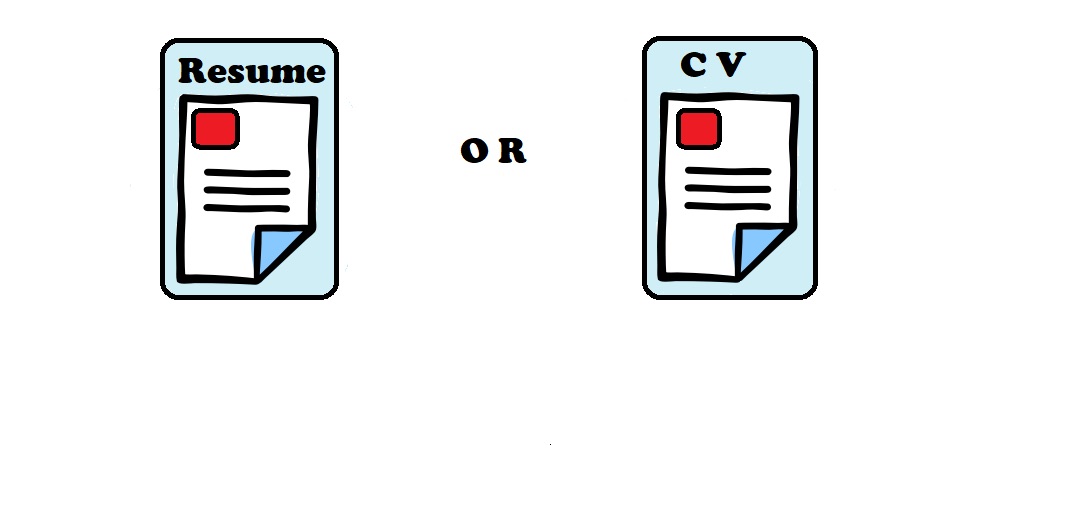How do I apply for a job to create the desired impact? Should I send a CV or a Resume? I am sure most of us have come across this question at some point of time. In this article I will share my experiences, trust it will help you to find answers to above questions.
We will discuss the difference between a CV and Resume based on following aspects:
– Nomenclature.
– Length of document.
– Job Roles.
– Preference in different countries.
– Some tips for the Indian job seekers.
Nomenclature: The word resume is derived from a French word résumé meaning “summary”. This means Resume is a document which gives an idea about professional summary. It is a dynamic document, it can be changed multiple times and we can have different Resumes prepared for different job roles.
The word CV/ Curriculum Vitae is a Latin word meaning ‘Course of Life ’. It is a static document, it includes all the details academic, non-academic and professional summary achieved throughout the career. It’s more detailed than Resume.
Length: Resume ideally should never be more than 2 pages. It is mostly accompanies by a Cover Letter/Personal Statement. The total length of this pack of Cover letter/Personal statement and resume should never be more than 4 pages. CV is a detailed document so cover letter is not required in this case. The total length of CV should never exceed more than 4 pages.
Job Roles: Resume can be prepared in 3 ways,
-Reverse chronological : Here every job is written in reverse chronological style with detailed description of every job. This is used by experienced candidates.
-Functional: Here only time and duration different jobs are mentioned and details are elaborated and third are hybrid that is the combination of above two. Functional resumes can be used by freshers or someone who has gaps in their resumes.
-Hybrid: Combination of the above two.
CV format is mostly fixed i.e in reverse chronological order. However if you wish to experiment you can still use functional or hybrid format.
I will share a little secret here, hiring managers and recruiters love to read resumes / cvs written in reverse chronological style.
Nationality: Most of the European countries, employers prefer CV submittal as application for a job. In USA and Canada employers prefer resume along with cover letter. Some countries like India and Australia use resume / CV interchangeably.
Some tips for Indian job seekers: Since India is an outsourcing hub for many multinational companies, here are some things to keep in mind while applying next time for a job.
USA and Canada employers prefer to have a Career Objective/Personal Statement on the top of the resume. In US they consider resume as a personal marketing document, hence simple facts and statistics won’t help, feel free to do a little more selling with accomplishments, accolades and phrases like “Excellent analytical skills”, “Great people management skills”, extracurricular activities, contribution towards community etc. It enhances your credibility.
However, with European countries it’s a different story. Career Objective/Personal Statement on top of CV is not required, unless you are a fresher. Also Overselling is not appreciated by these employers; they appreciate basic numbers and statistics instead.
Hope this article with help you create a desired impact . For more such articles visit our blog at www.acesai.in/blog . To talk to client servicing team fill up the form acesai.in/contact-us/

